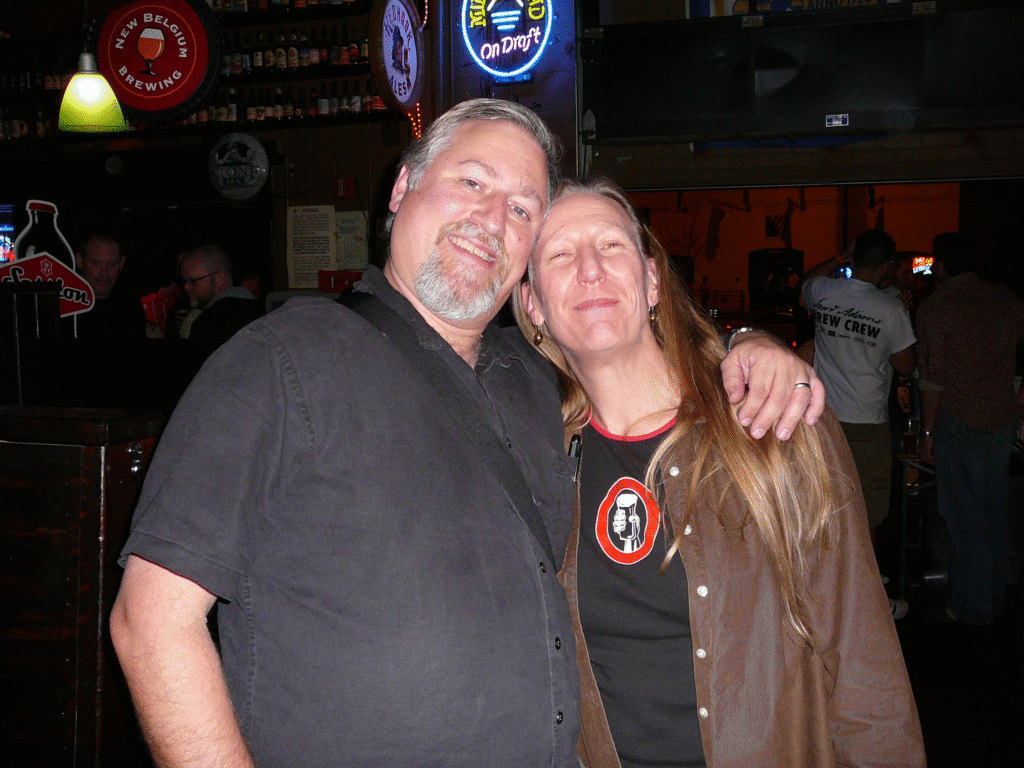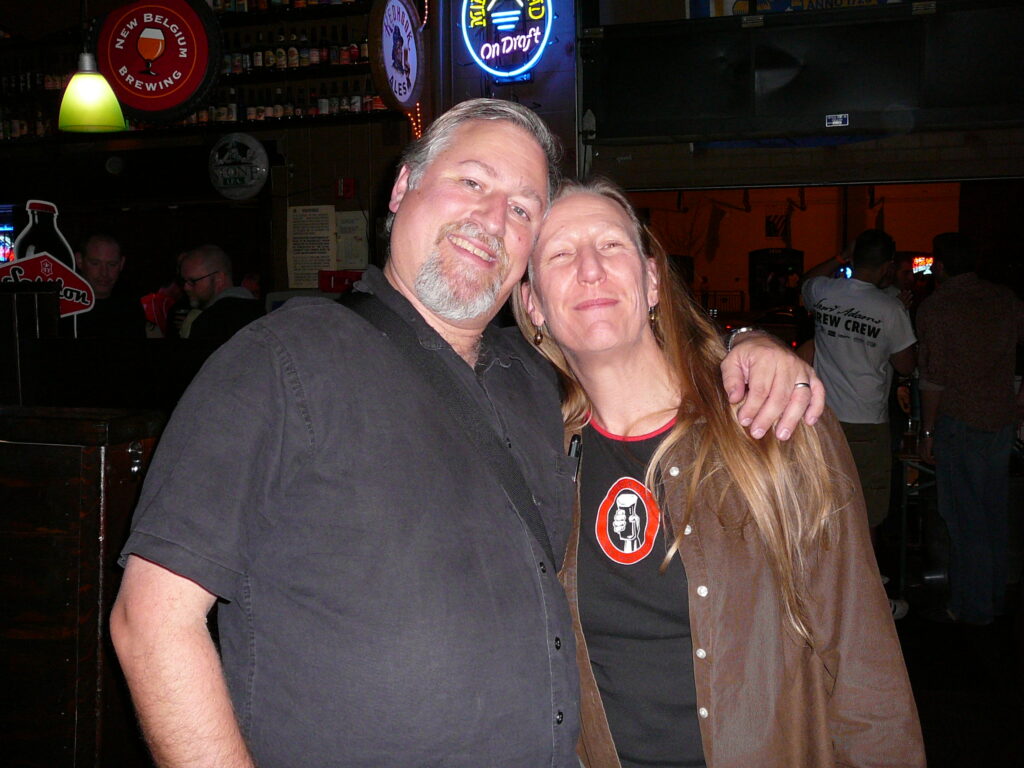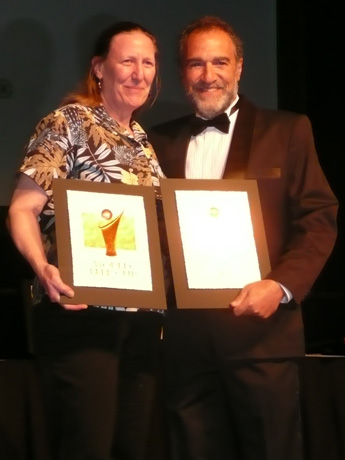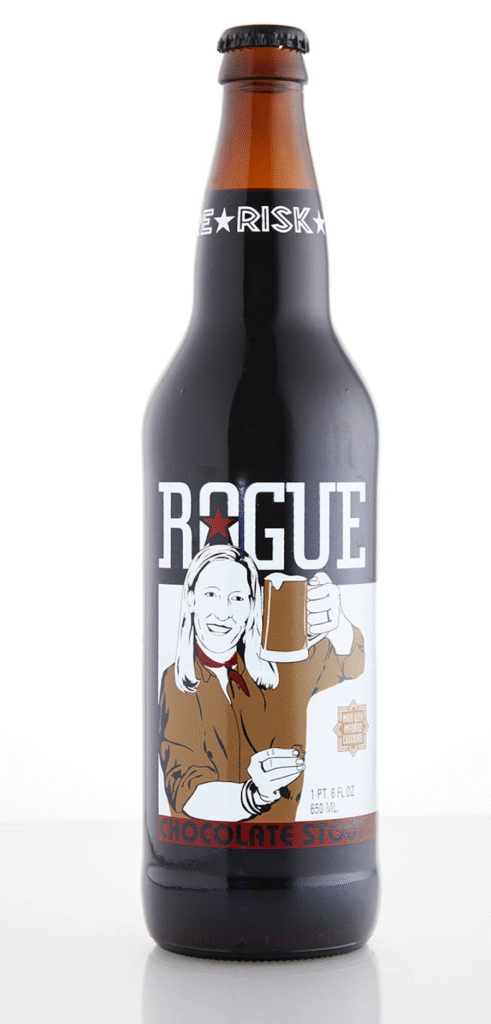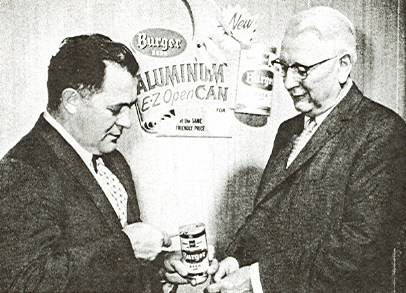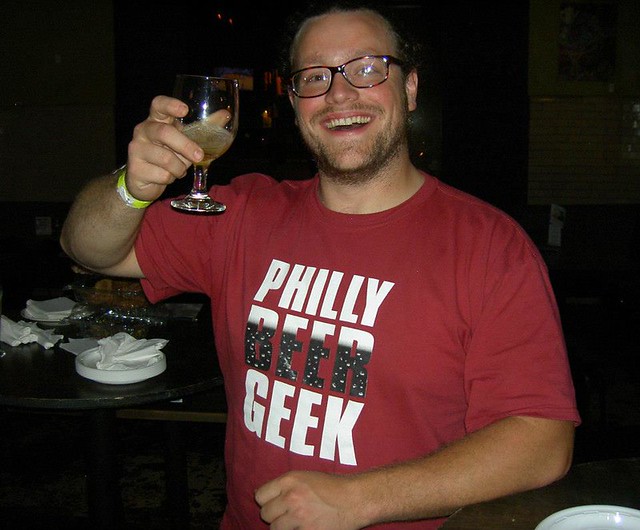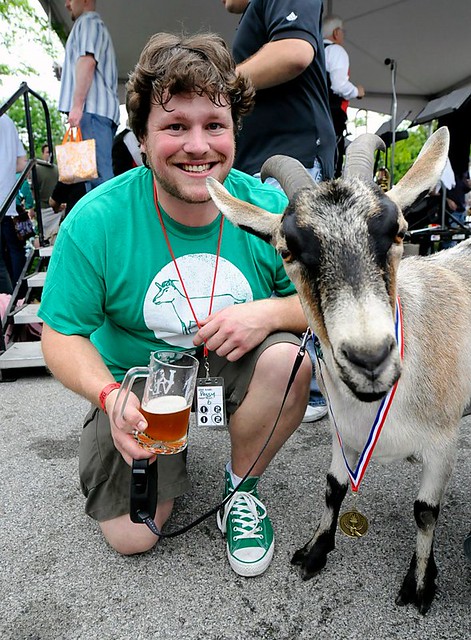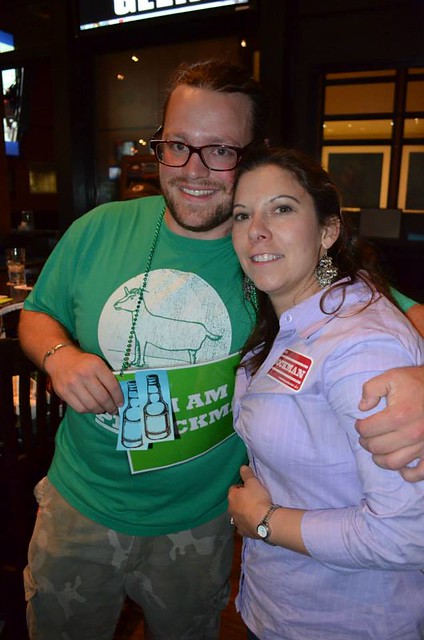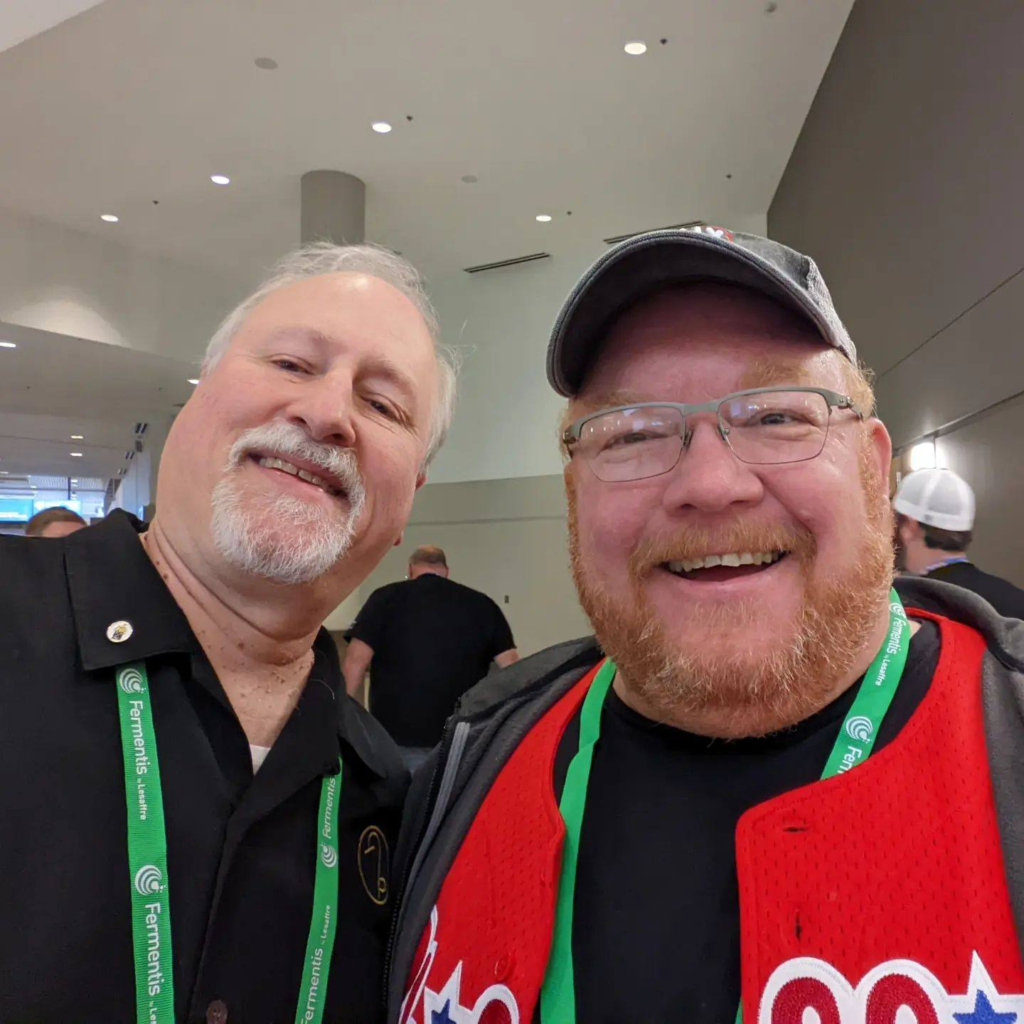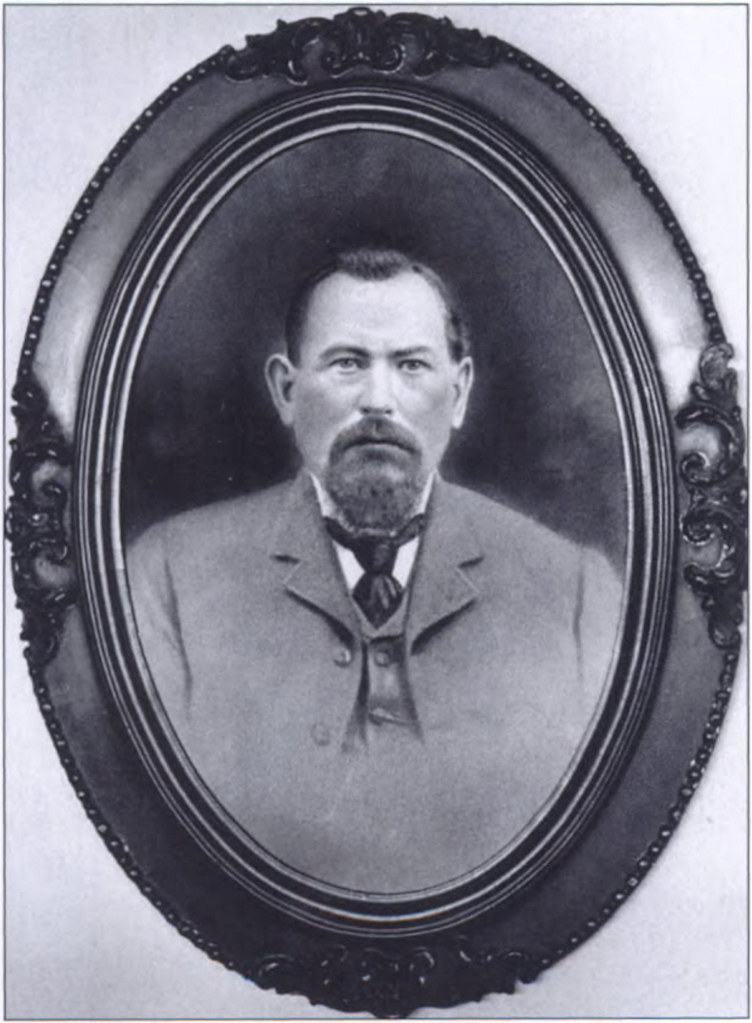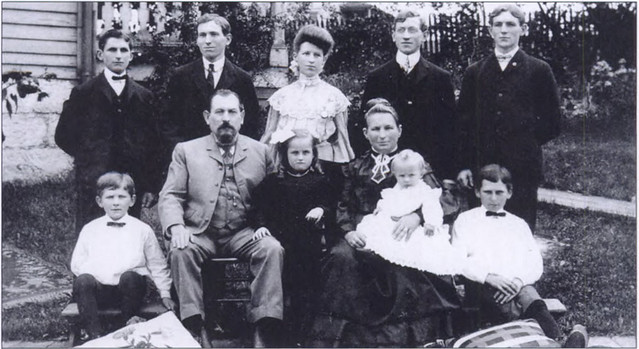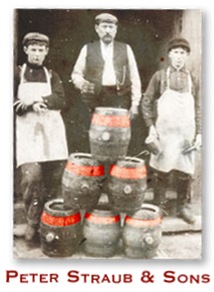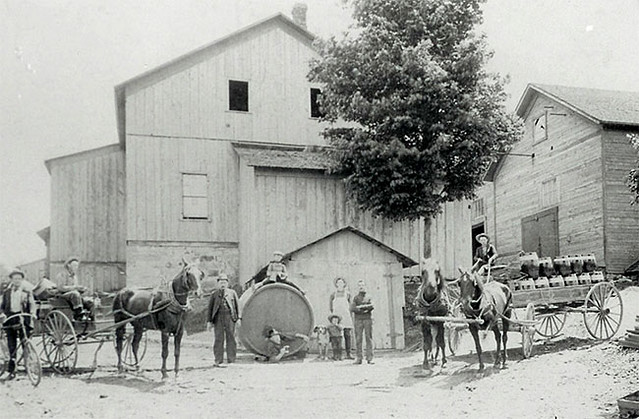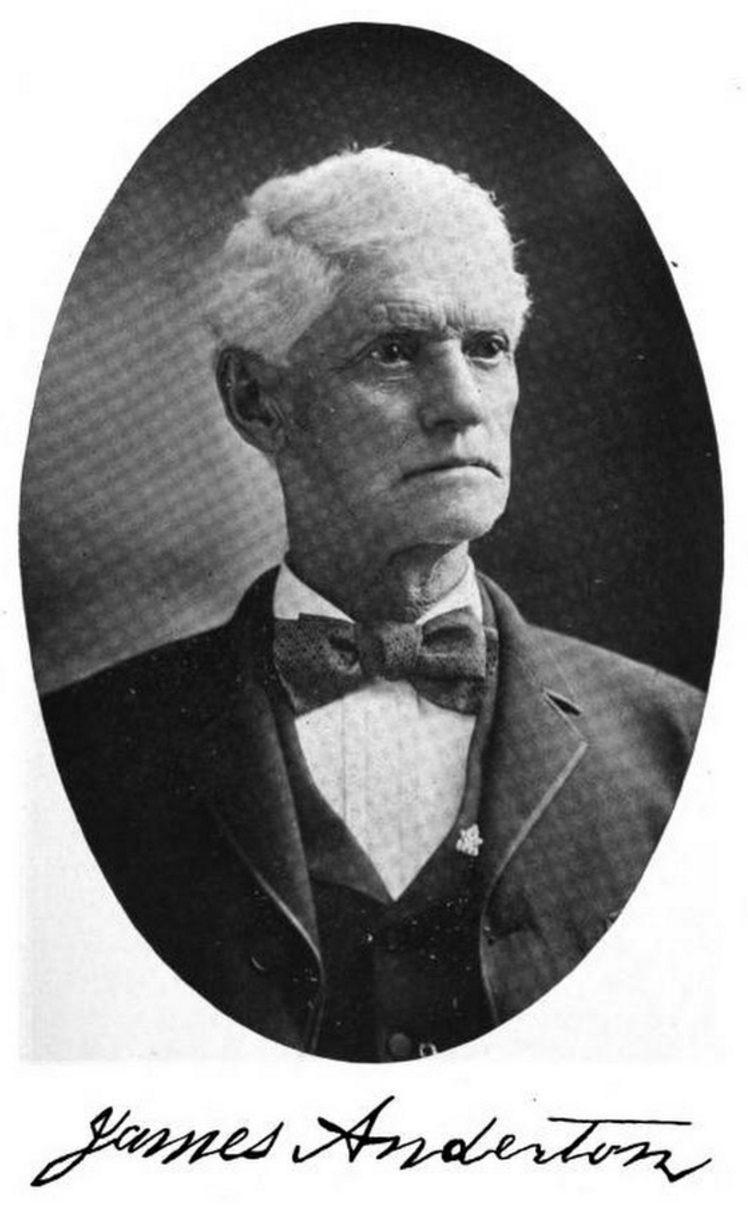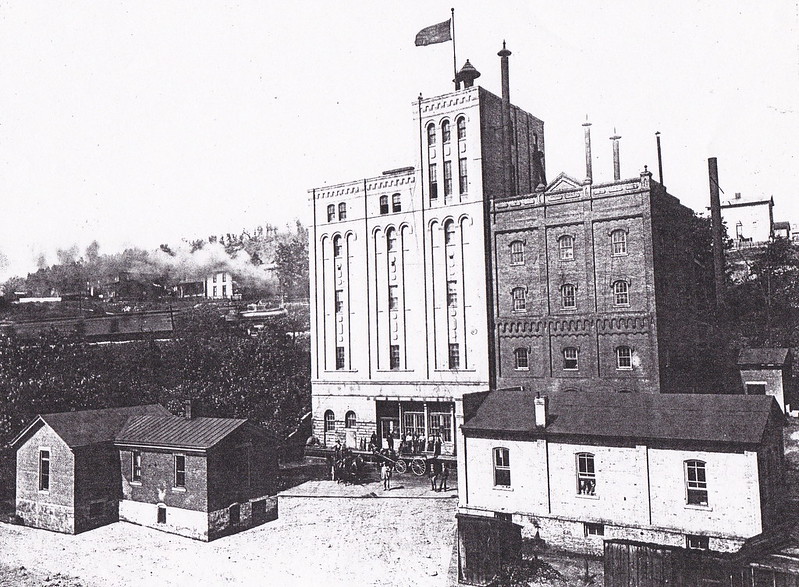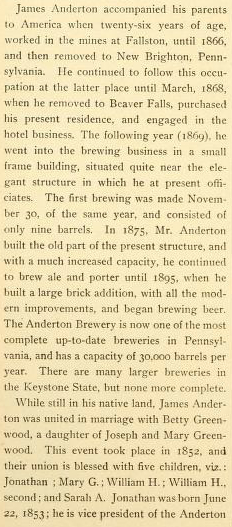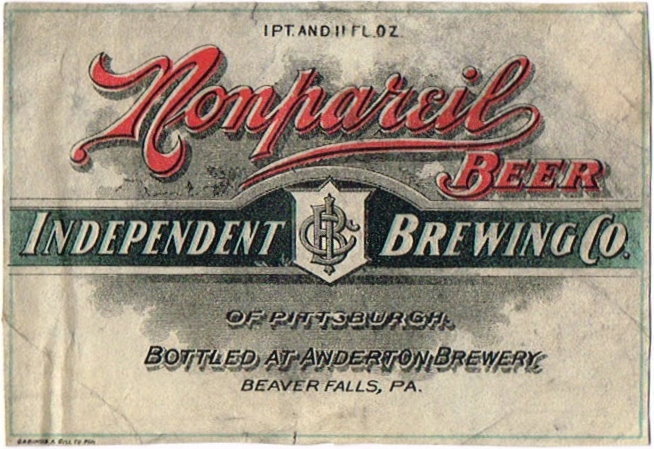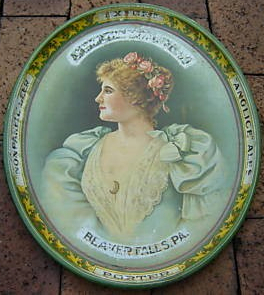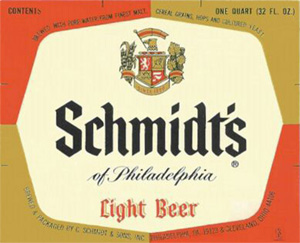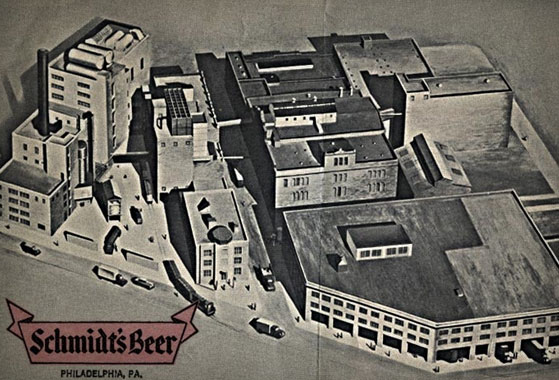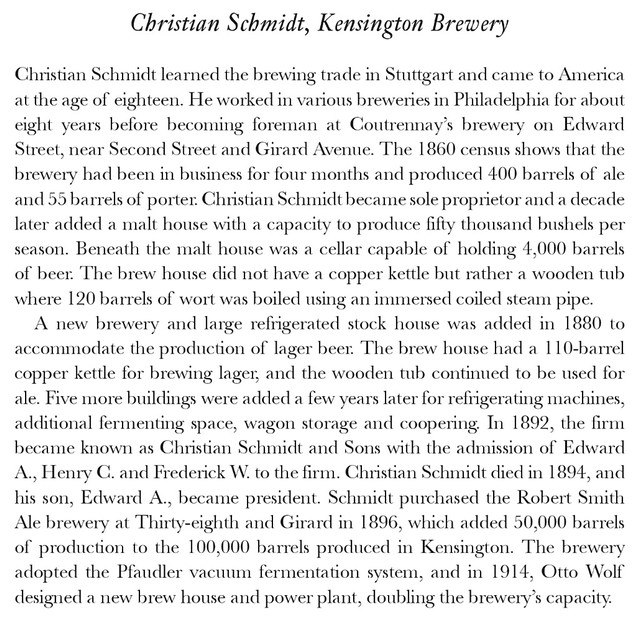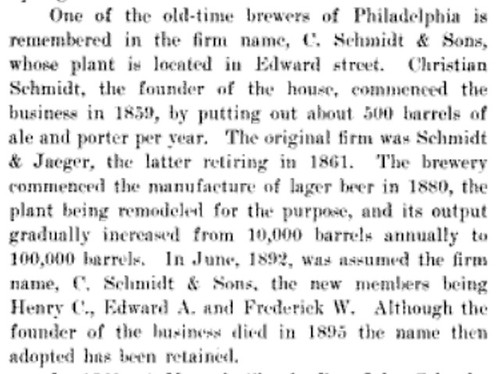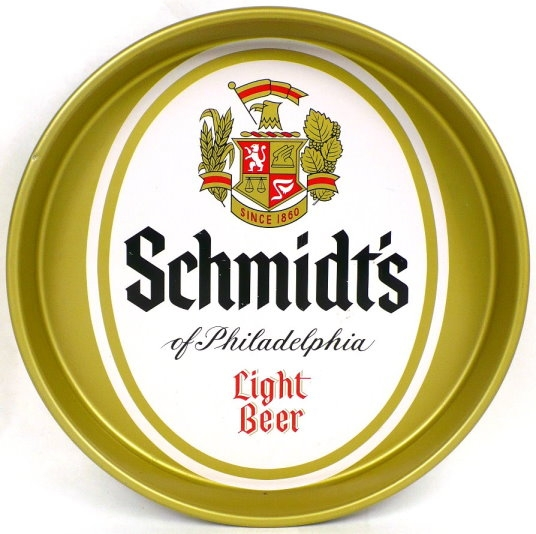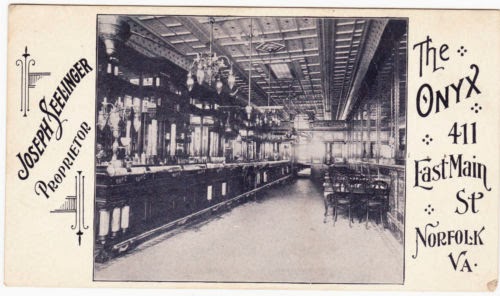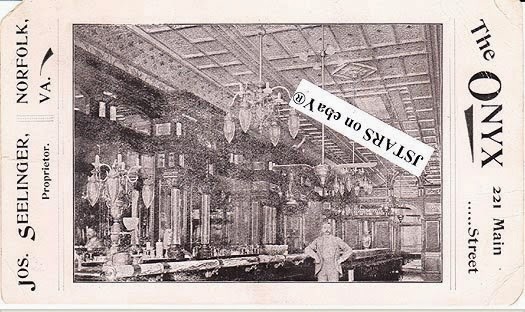![]()
Today is the birthday of Jack “Legs” Diamond (July 10, 1897–December 18, 1931). He was “also known as ‘Gentleman Jack,’ [and] was an Irish American gangster in Philadelphia and New York City during the Prohibition era. A bootlegger and close associate of gambler Arnold Rothstein, Diamond survived a number of attempts on his life between 1916 and 1931, causing him to be known as the “clay pigeon of the underworld”. In 1930, Diamond’s nemesis Dutch Schultz remarked to his own gang, “Ain’t there nobody that can shoot this guy so he don’t bounce back?”
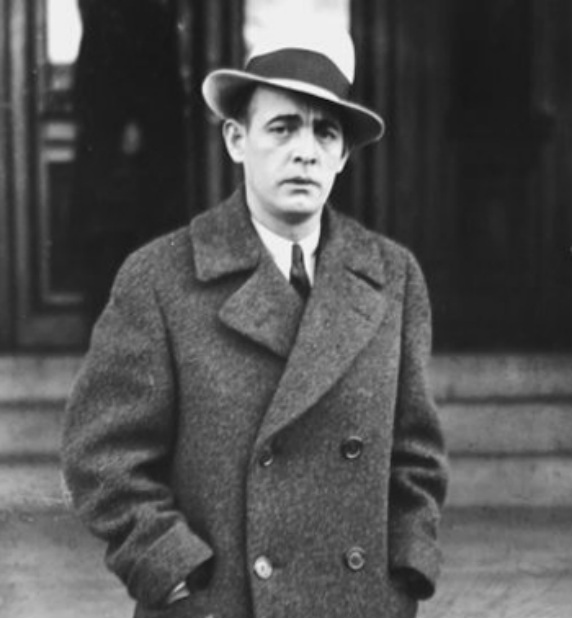
Here’s his biography from Find-a-Grave:
Gangster bootlegger. Born Jack Moran on July 10, 1897, in Philadelphia, Pennsylvania, to an Irish immigrant family. After his mother, Sara’s death, Diamond moved with his father and brother to Brooklyn, New York. Growing up impoverished, Diamond turned to street gangs and became involved in theft and violent crime as a teen. He later began to work for gangsters Arnold Rothstein and Jacob “Little Augie” Orgen. Jack set up shop as an extremely violent and murderous figure. He earned his “Legs” nickname either due to his quickness when running from a scene or because of his excellent dancing skills. He also married Alice Schiffer in 1926. She remained devoted to Jack through his strings of crime and mistresses, which included a notable affair with Ziegfeld showgirl Kiki Roberts. In August, 1927, Jack played a role in the murder of “Little Augie” (Jacob Orgen). Jack’s brother Eddie was Orgen’s bodyguard, but Legs Diamond substituted for Eddie that day. As Orgen and Jack were walking down a street on the Lower East Side of Manhattan, three young men approached them and started shooting. Orgen was fatally wounded and Jack was shot two times below the heart. He was taken to Bellevue Hospital, where he eventually recovered. During the late 1920s, Prohibition was in force, and the sale of beer and other alcohol was illegal in the United States. Jack traveled to Europe to score beer and narcotics, but failed. He did score liquor which was dumped overboard in partially full barrels which floated into Long Island as ships entered New York. Following Orgen’s death, Jack went to work overseeing bootleg alcohol sales in downtown Manhattan. That brought him into conflict with Dutch Schultz, who wanted to move beyond his base in Harlem. He also ran into trouble with other gangs in the city. In 1930, Jack and two henchmen kidnapped Grover Parks, a truck driver in Cairo, New York, and demanded to know where he had obtained his load of hard cider. When Parks denied carrying anything, Jack and his men beat and tortured Parks, eventually letting him go. A few months later, Jack was charged with the kidnapping of James Duncan. He was sent to Catskill, New York for his first trial, but was acquitted. However, he was convicted in a federal case on related charges, and he was sentenced to four years in jail. In a third trial, in Troy, New York, he was acquitted. On October 12, 1930, Jack was shot and wounded at the Hotel Monticello on the west side of Manhattan. Two men forced their way into his room, shot him five times, and then fled. Still in his pajamas, he staggered out into the hallway and collapsed. On December 30, 1930, Jack was discharged from Polyclinic. On April 27, 1931, Jack was again shot and wounded, this time at the Aratoga Inn, a road house near Cairo, New York. He was eating in the dining room with three companions when he walked out to the front door. A gunman with a shotgun shot him three times, and Jack collapsed by the door. On December 18, 1931, Jack’s enemies finally caught up with him, At 4:30 am, Jack went back to the rooming house and passed out on his bed. Two gunmen entered his room around 5:30 AM. One man held Jack down while the other shot him three times in the back of the head. No other gangster of the bootlegging era of 1920’s survived more bullet wounds than Legs. He was known as “The Clay Pidgeon of the Underworld”. On July 1, 1933, Jack’s widow, Alice Kenny Diamond, was found shot to death in her Brooklyn apartment. It was speculated that she was shot by Jack’s enemies to keep her quiet.
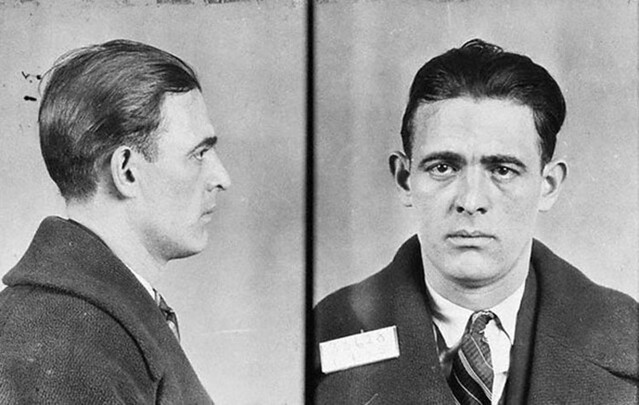
This is about his arly life from his Wikipedia page:
Diamond was born July 10, 1897, to Sara and John Diamond, who emigrated from Ireland in 1891 to Philadelphia, USA. In 1899, Jack’s younger brother Eddie Diamond was born. Jack and Eddie both struggled through grade school, while Sara suffered from severe arthritis and other health issues. On December 24, 1913, Sara died from complications due to a bacterial infection and high fever. John Diamond, Sr. moved to Brooklyn shortly afterwards.
Diamond soon joined a New York street gang called the Hudson Dusters. Diamond’s first arrest for burglary occurred when he broke into a jewelry store on February 4, 1914, with numerous arrests following through the remainder of his life. Diamond served in the U.S. Army during World War I, but deserted in 1918 or 1919, then was convicted and jailed for desertion.
Once free of jail, Diamond became a thug and later personal bodyguard for Arnold Rothstein in 1919.
On October 16, 1927 Diamond tried to stop the murder of “Little Augie” (Jacob Orgen). Diamond’s brother Eddie was Orgen’s bodyguard, but Legs Diamond substituted for Eddie that day. As Orgen and Diamond were walking down a street on the Lower East Side of Manhattan, three young men approached them and started shooting. Orgen was fatally wounded and Diamond was shot two times below the heart. Diamond was taken to Bellevue Hospital, where he eventually recovered. The police interviewed Diamond in the hospital, but he refused to identify any suspects or help the investigation in any way. The police initially suspected that Diamond was an accomplice and charged him with homicide, but the charge was later dropped. The assailants were supposedly hired by Louis Buchalter and Gurrah Shapiro, who were seeking to move in on Orgen’s garment district labor rackets.
Diamond was known for leading a rather flamboyant lifestyle. He was a very energetic individual; his nickname “Legs” derived either from his being a good dancer or from how fast he could escape his enemies. His wife Alice was never supportive of his lifestyle, but did not do much to dissuade him from it. Diamond was a womanizer; his best known mistress was showgirl and dancer Marion “Kiki” Roberts. The public loved Diamond; he was Upstate New York’s biggest celebrity at the time.
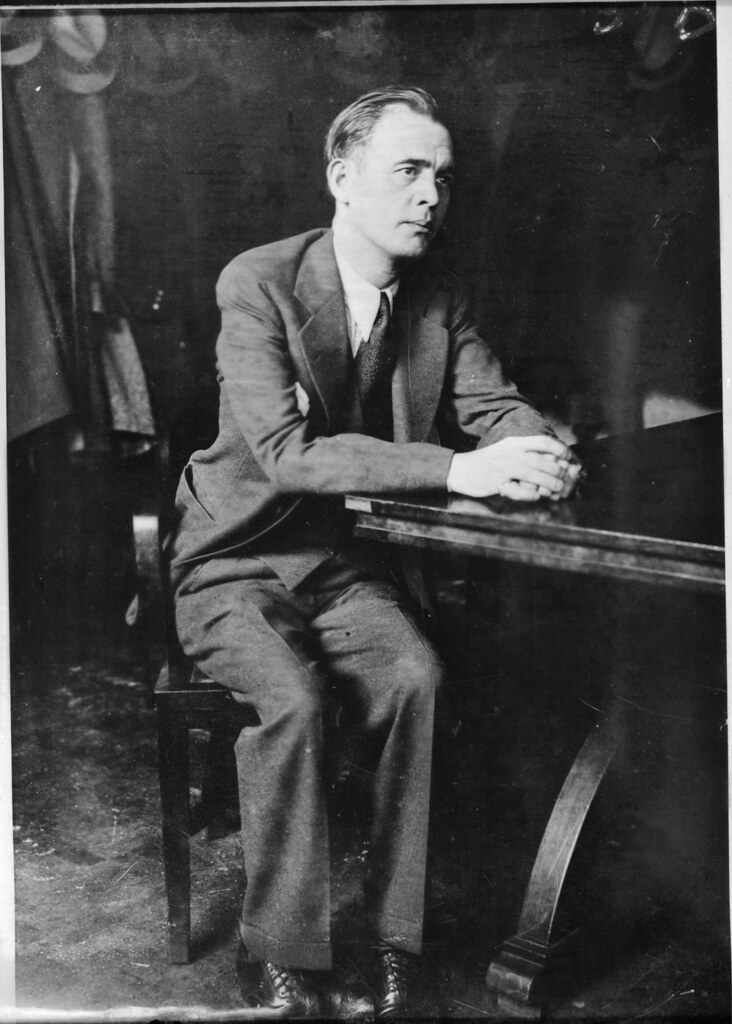
And this is about his time during “Prohibition and the Manhattan Bootleg Wars:”
During the late 1920s, Prohibition was in force, and the sale of beer and other alcohol was illegal in the United States. Diamond traveled to Europe to score beer and narcotics, but failed. He did obtain liquor, which was dumped overboard in partially full barrels, which floated onto Long Island, as ships entered New York. He paid the children a nickel for every barrel they brought to his trucks.
Following Orgen’s death, Diamond went to work overseeing bootleg alcohol sales in downtown Manhattan. That brought him into conflict with Dutch Schultz, who wanted to move beyond his base in Harlem. He also ran into trouble with other gangs in the city.
In 1930, Diamond and two henchmen kidnapped Grover Parks, a truck driver in Cairo, New York, and demanded to know where he had obtained his load of hard cider. When Parks denied carrying anything, Diamond and his men beat and tortured Parks, eventually letting him go. A few months later, Diamond was charged with the kidnapping of James Duncan. He was sent to Catskill, New York, for his first trial, but was acquitted. However, he was convicted in a federal case on related charges, and sentenced to four years in jail. In a third trial, in Troy, New York, he was acquitted.
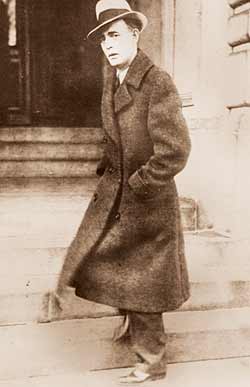
And this is about the many assassination attempts, prosecution attempts, and his eventual death:
On October 12, 1930, Diamond was shot and wounded at the Hotel Monticello on the west side of Manhattan. Two men forced their way into Diamond’s room, shot him five times, and then fled. Still in his pajamas, Diamond staggered out into the hallway and collapsed. When asked later by the New York Police Commissioner how he managed to walk out of the room, Diamond said he drank two shots of whiskey first. Diamond was rushed to the Polyclinic Hospital in Manhattan, where he eventually recovered. On December 30, 1930, Diamond was discharged from Polyclinic.
On April 21, 1931, Diamond was arrested in Catskill, New York, on assault charges for the Parks beating in 1930. Two days later, he was released on $25,000 bond from the county jail.
On April 27, 1931, Diamond was again shot and wounded, this time at the Aratoga Inn, a road house near Cairo, New York. Diamond was eating in the dining room with three companions when he walked out to the front door. A gunman with a shotgun shot Diamond three times, and Diamond collapsed by the door. A local resident drove Diamond to a hospital in Albany, New York, where he eventually recovered. While Diamond was still in the hospital, New York State Troopers on May 1 seized over $5,000 worth of illegal beer and alcohol from Diamond’s hiding places in Cairo and at the Aratoga Inn.
In August 1931, Diamond and Paul Quattrocchi went on trial for bootlegging. That same month, Diamond was convicted and sentenced to four years in state prison. In September 1931, Diamond appealed his conviction.
On December 18, 1931, Diamond’s enemies finally caught up with him. Diamond had been staying in a rooming house in Albany, New York while on trial in Troy, New York, on kidnapping charges. On December 17, Diamond was acquitted. That night, Diamond, his family and friends were at a restaurant. At 1:00 a.m., Diamond went to visit his mistress, Marion “Kiki” Roberts. At 4:30 a.m., Diamond went back to the rooming house and passed out on his bed. Two gunmen entered his room around an hour later. One man held down Diamond while the other shot him three times in the back of the head.
There has been much speculation as to who was responsible for the murder; likely candidates include Dutch Schultz, the Oley Brothers (local thugs), the Albany Police Department, and relatives of Red Cassidy, another Irish American gangster at the time. According to William Kennedy’s O Albany, Democratic Party Chairman Dan O’Connell, who ran the local political machine, ordered Diamond’s execution, which was carried out by the Albany Police.
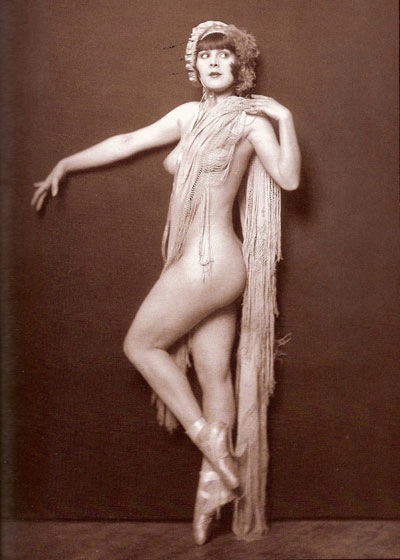
Legs’ best known mistress was showgirl and dancer Marion “Kiki” Roberts, who was with him the night he was murdered.

